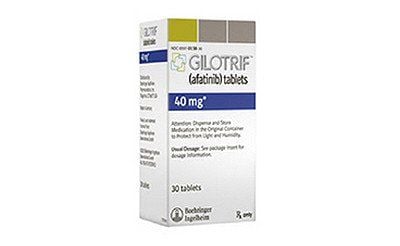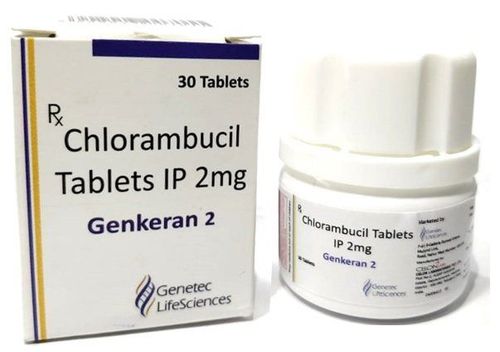This is an automatically translated article.
Dabrafenib is an anticancer drug used alone or in combination with other drugs to treat skin cancer (melanoma) and lung cancer (non-small cell). Dabrafenib works mainly by slowing the growth of cancer cells.
1. Is Dabrafenib good?
Dabrafenib is a reversible ATP competitive kinase inhibitor that targets mutated BRAF proteins in cancer cells. Normally, the BRAF gene plays a role in the production of the BRAF protein, which is part of a chain of molecules that tell cells how to grow and divide. Because of a mutation, the BRAF gene can change the way it works, losing control and signaling all the time promoting uncontrolled growth of cancer cells. At this point, Dabrafenib targets the altered BRAF proteins and can slow cancer growth. Dabrafenib is usually indicated in the following cases:Treatment of unresectable or metastatic melanoma caused by a defect in the BRAF gene Use in combination with trametinib to treat non-small cell lung cancer Metastasis Dabrafenib is contraindicated in patients with known hypersensitivity to any of its components.
2. Dosage of the drug Dabrafenib
Dabrafenib is usually taken by mouth in doses every 12 hours. Patients should take the drug on an empty stomach or at least 1-2 hours after a meal, missed a dose can be taken up to 6 hours before the next dose. Pay attention when taking, swallow the tablet whole, do not open, chew, crush or break the medicine. The usual therapeutic dose of dabrafenib is 150 mg twice daily, used as monotherapy or in combination with trametinib.
3. Dabrafenib side effects
Common side effects for patients taking Dabrafenib include:
High/low blood sugar Headache Fever Joint pain Papilloma (warts/growths) Hair loss Increased phosphatase Rash Back pain Cough Muscle pain Constipation Nasopharyngitis
4. Be careful when using Dabrafenib
Patients using Dabrafenib need to inform their doctor about their medical condition and drug use, specifically as follows:
Allergy to any ingredient of the drug History of medical conditions such as deficiency certain enzymes (G6PD), liver disease, diabetes Dabrafenib is not recommended for use in pregnant women, because of possible harm to the unborn baby The drug can be absorbed through the skin, lungs and may cause harm to the fetus. fetus. If you are pregnant or may become pregnant, do not take this medicine or breathe dust from the capsules There have not been many studies on the use of Dabrafenib in nursing women, therefore breast-feeding is not recommended during use. this medicine and for 2 weeks after treatment Some common Dabrafenib drug interactions include:
Dabrafenib reduces the effectiveness of hormonal birth control such as the pill, patch or ring so it can cause Pregnancy Some medications that can affect how Dabrafenib is eliminated from the body and how Dabrafenib works are: azole antifungals, gemfibrozil, macrolide antibiotics, nefazodone, drugs used to treat seizures ... Some drugs can speed up the elimination of other drugs from the body as well as affect the way they work, such as midazolam, warfarin,...
Dabrafenib belongs to the group of anti-cancer drugs used. alone or in combination with other drugs to treat skin cancer (melanoma) and lung cancer (not small cells). To ensure the effectiveness of treatment and avoid side effects, patients need to take medicine according to prescription or consult a doctor, professional pharmacist.
Follow Vinmec International General Hospital website to get more health, nutrition and beauty information to protect the health of yourself and your loved ones in your family.
Please dial HOTLINE for more information or register for an appointment HERE. Download MyVinmec app to make appointments faster and to manage your bookings easily.













